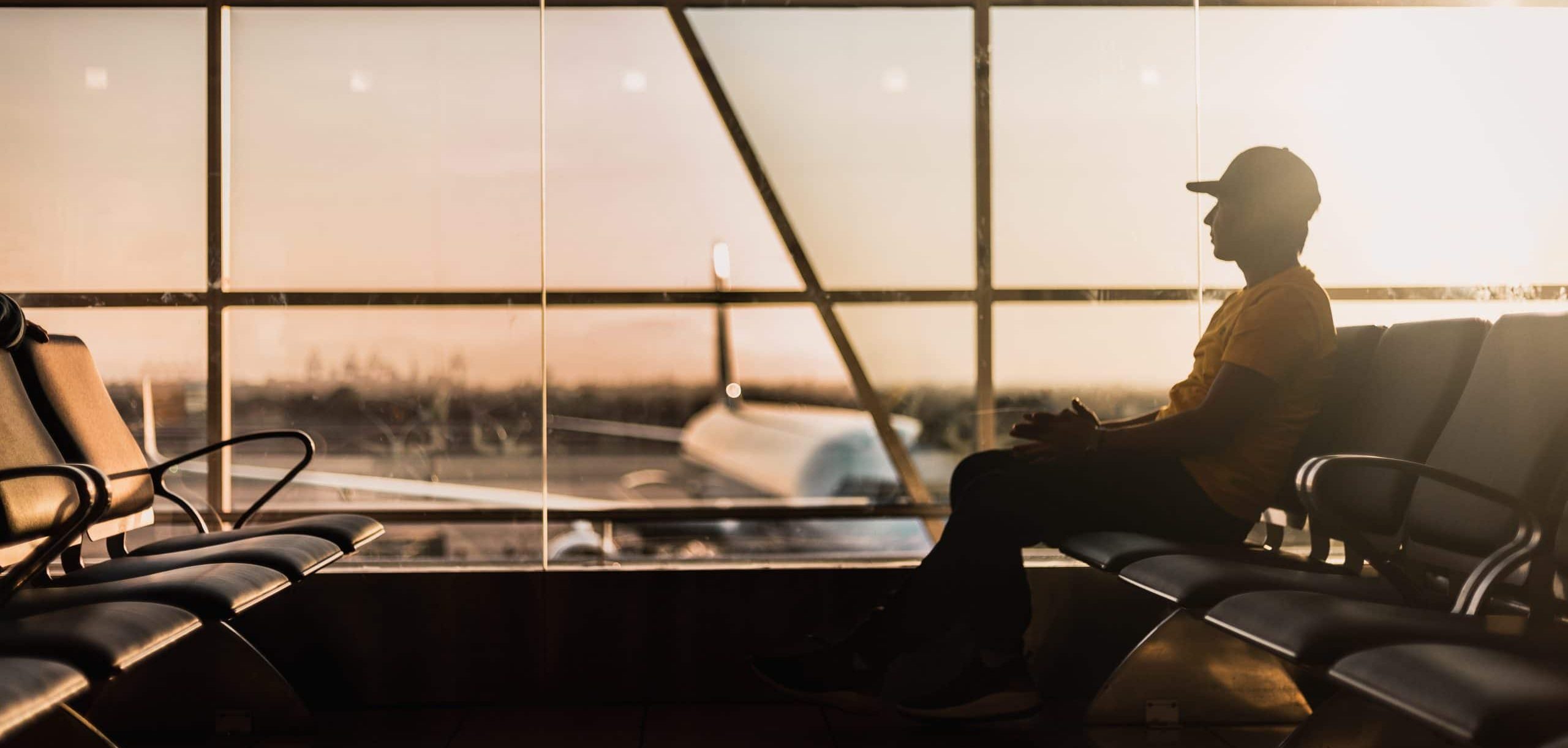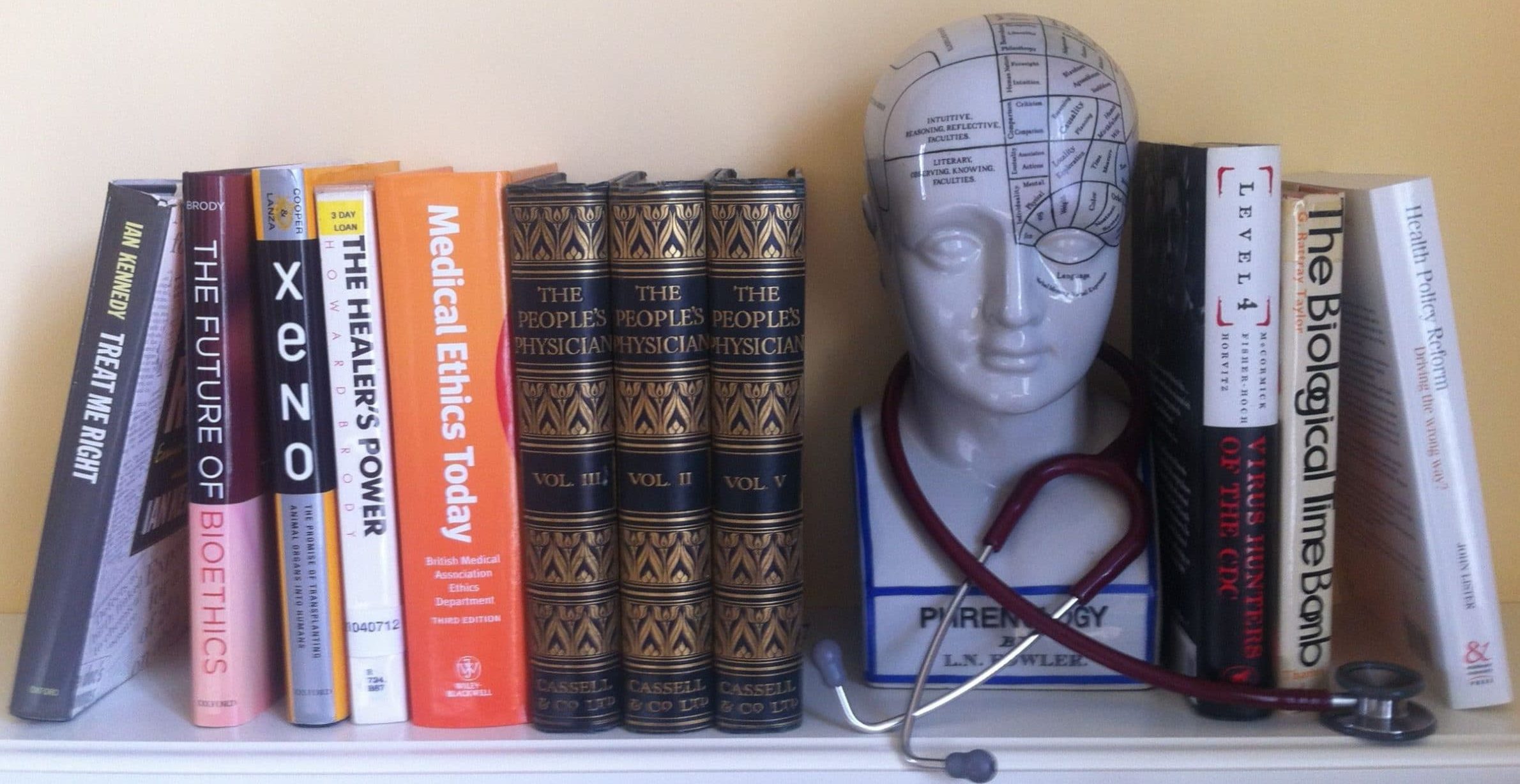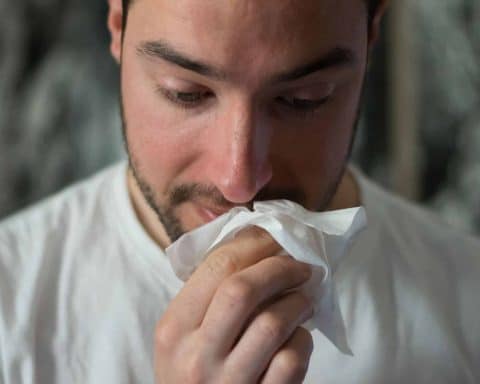Basem R Saab is professor of family medicine at the American University of Beirut
Diana V Rahme is an instructor in family medicine and an occupational specialist at the American University of Beirut
Sami E Moukheiber is a clinical instructor in family medicine and aviation medicine at the American University of Beirut
Introduction
Traveling in the era of COVID-19 creates much inconvenience and confusion. In this article, we discuss the experience of two travelers who had faced different circumstances while traveling to and from seven international airports. We also propose a number of recommendations that may make the life of travelers easier and safer. Whilst our recommendations are aimed at policymakers, we welcome comments and discussions from the BJGP readership. We also seek to illustrate the complexity of air-travel, for which patients may attend their family doctor for advice and documentation.
Traveler 1*
An adult departed Beirut International Airport (BIA) on a business trip to Erbil, Iraq in the fall of 2021 with Fly Erbil. Proof of having received two shots of the COVID-19 vaccine was all he needed to depart from Beirut. In Erbil, there were no other requirements. On returning to Beirut, 3 days later, on the same airline and from the same airport, a COVID-19 PCR was mandatory. A security officer in Erbil International Airport checked the result of the test. On arriving to BIA, another PCR was required; just 30 hours after taking one in Erbil.
A month after, the same individual traveled to Montreal. On returning from Montreal to Beirut via Geneva with Air Canada and while he was ready to board, he was denied travel. The ground staff told him that the authorities in Geneva had just issued a new rule two hours earlier with which they requested a negative COVID-19 PCR. The next day, the same traveler was able to travel via Frankfurt with Air Canada and back to Beirut with Middle East Airlines.
Traveler 2
A young man residing in the UK arrived to Beirut in late summer. He was flying with Turkish Airlines. He completed his two COVID-19 shots three months prior to traveling. On arrival to BIA he had to take a PCR test. Before getting back to the UK by the end of the summer of 2021, and 48 hours before leaving Lebanon, he did a COVID-19 PCR. The staff at the airline counter could not issue a boarding pass as he is landing for two hours in Ataturk Airport in Istanbul. Turkey is a red listed country according to UK data, people coming from it need to quarantine in a hotel for ten days in the UK. The airline informed him that in two days, Turkey will be an amber listed country and then he can fly to UK. Two days later, the individual did another PCR in Lebanon and entered the UK. In the UK, he had to do two PCRs after 2 and 8 days of arrival and to self-isolate at home for 10 days.
The table shows the requirement to travel in the era of COVID-19 at the specified dates. Table. COVID Requirements from non-citizen travelers arriving to four countries in 2021
| Vaccination Proof | PCR before boarding plane | PCR on arrival | PCR after arrival | Self-isolation | Quarantine | |
| Iraq-Erbil | Required | Required | – | – | – | – |
| Lebanon | – | Required (Airline dependent) | Required | – | – | – |
| UK | Required | Required | – | Required (2 times) | Required | If coming from red listed country, including transit |
| Canada | Required | Required | – | – | – | – |
Discussion
The variation between countries COVID-19 border controls seems to have been influenced by multiple stakeholders. Airline requirements may vary from those stipulated by governments. Different airlines have different regulations. Governments also have different recommendations that sometimes do not align with scientific consensus.
Governments also have different recommendations that sometimes do not align with scientific consensus.
The variation in travel requirements among countries in the era of COVID-19 has several consequences. Inconvenience and stress for travelers may result from time and money spent in quarantine, or by having multiple types of COVID-19 test. We suggest that the different epidemiological patterns require different approaches.
IATA reports significant differences in how European Union (EU) member states are managing travel. Around 30% of states using the EU Digital COVID Certificate (DCC) do not accept rapid testing. At one point, 19% of countries did not exempt children from testing requirements; several countries (41%) did not allow vaccinated travelers from non-EU ‘White-List’ countries to enter.1
Politics seems to play an inappropriate role in determining air travel policy on which vaccine to accept, as well as other issues. An Italian study concluded that science played a marginal role in handling the COVID-19 endemic.2 In the UK, May also highlights this issue, discussing “the tensions that arose through a clash between two characteristics within democratic societies: the redemptive and pragmatic”.3 At a time in which COVID cases and death rates in the US were one of the highest in the world, the US banned Europeans from entering its territory until November 8, 2021. Alden describes this US action to be “against all common sense”.4
Vaccine policy for international travel is a large element of the inconvenience for travelers. It is no secret that the world of vaccines is a billion-dollar business as well as an effective public health remedy. Politics may have played a role in approving certain vaccines, which in turn resulted in inconvenience to travelers. It is also not clear how some EU countries approve the Sputnik vaccine while others do not. This adds to the confusion.5
Primary care physicians could develop the habit of travel advice, be it in vaccination requirements or in travel hygiene.
When reviewing the literature on this phenomenon, we discovered that the medical community is left out in assisting travelers. Primary care physicians could develop the habit of travel advice, be it in vaccination requirements or in travel hygiene. For instance, domestic flights may not be screened for COVID, therefore a passenger boarding a flight connecting to another one going overseas may be exposed on that connection to a passenger with illness, contract disease while on that flight while testing negative before his journey and transmit it upon arrival. That porosity of the system can only be averted by developing the habit of addressing safe travel at the physician’s office and not blindly abiding with travel rules liable to change on a short notice.
Another point of concern is airport safety. In many countries airport staff are not screened but they are required to wear protective equipment. Airport premises are shared by a variety of individuals ranging from family members dropping off passengers to catering, security and other staff, who share the same space the passenger is passing through. This is another crack in the system that the virus can slip through and hitch hike a ride with pre-screened unknowing passengers. The system in place does not address this issue but that is a flaw that can be addressed through travel hygiene habit (such as masking) advice. Such advice needs to be developed by the primary care physician and implemented by the passengers.
To decrease the confusion and inconvenience we suggest:
1. Setting up an independent unit under the WHO that will issue recommendations on regular basis in conjunction with the CDC, FAA, EASA and IATA.
2. To follow the path of Germany and Spain that conduct DCC verification prior to passengers at the airport. This practice would cut operational disruptions and offer certainty to passengers regarding their ability to fly.
3. To build a state portal allowing direct verification of DCC by national authorities and thus reducing health data processing by the airlines themselves.
4. To include digital Passenger Locator Forms in the state portal.
5. Universal acceptance of reliable rapid testing in place of expensive and unnecessary PCR tests. Winkle et al reported that one COVID-19 antigen rapid test has a high sensitivity and specificity.6
6. Universal opening of borders to vaccinated passengers.
7. Allowance of non-vaccinated travelers from low-risk countries to move without restriction after documenting a negative test.
8. Not to retest for COVID for returning travelers who leave for 3 days or less. The traveler can do a test 2-5 days after coming back.
9. To allow travelers with documented vaccination to pass to their destination through transit ports irrespective of the risk zone of the transit area.
10. To develop an international online platform for travelers. The platform will automatically integrate all information and give travelers the latest requirements. This platform can also send messages, indicating changes in requirement at least 12 hours before traveling.
References
1. IATA: European travel rules Confusion wasting Advantages of digital COVID Certificate. 2 September, 2021.
2. Crabu S, Giardullo P, Sciandra A, Neresini F. Politics overwhelms science in the COVID-19 pandemic: Evidence from the whole coverage of the Italian quality newspapers. PLoS ONE 2021. 6(5): e0252034. https://doi.org/10.1371/journal.pone.0252034. Accessed on Dec 12, 2021
3. May T. The English Government Hits Limits: Knowledge Politics and Covid-19. Front. Sociol., 22 July 2021 | https://doi.org/10.3389/fsoc.2021.684658. Accessed on Dec 12, 2021
4. Alden E. America’s Pandemic Travel Bans no Longer Make Sense: A thoughtless, unscientific policy of closed borders—even to vaccinated travelers—does a little more damage every day. https://foreignpolicy.com/2021/09/13/travel-bans-border-restrictions-biden-covid-pandemic/ Accessed on December 13, 2021
5. https://www.dw.com/en/what-are-the-covid-entry-rules-for-travelers-to-european-countries/a-58017284. Accessed December 10, 2021
6. Winkel B, Scharm E, Gremmels H, Debast S, et al. Screening for SARS-CoV-2 infection in asymptomatic individuals using the Panbio COVID-19 antigen rapid test (Abbott) compared with RT-PCR: a prospective cohort study. BMJ Open 2021 Oct 13;11(10):e048206. doi: 10.1136/bmjopen-2020-048206.
*Explicit written consent for publication has been obtained from all travelers
Featured image by Marco López on Unsplash








